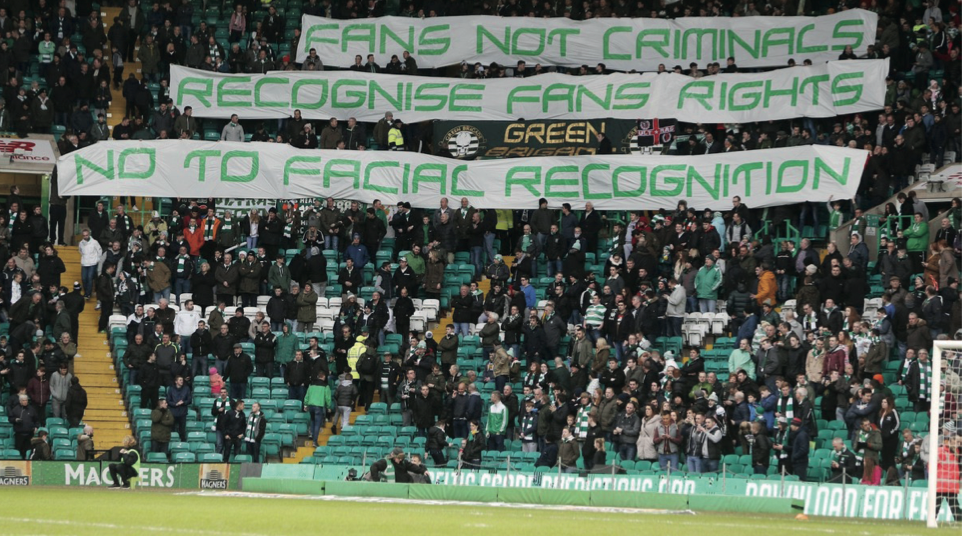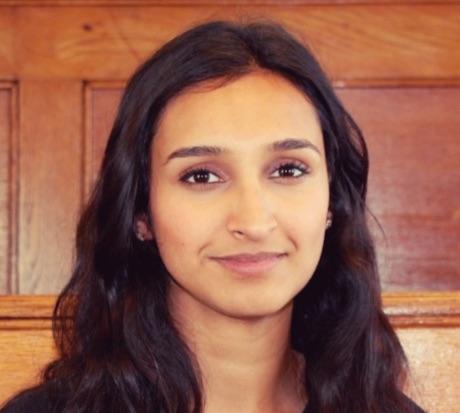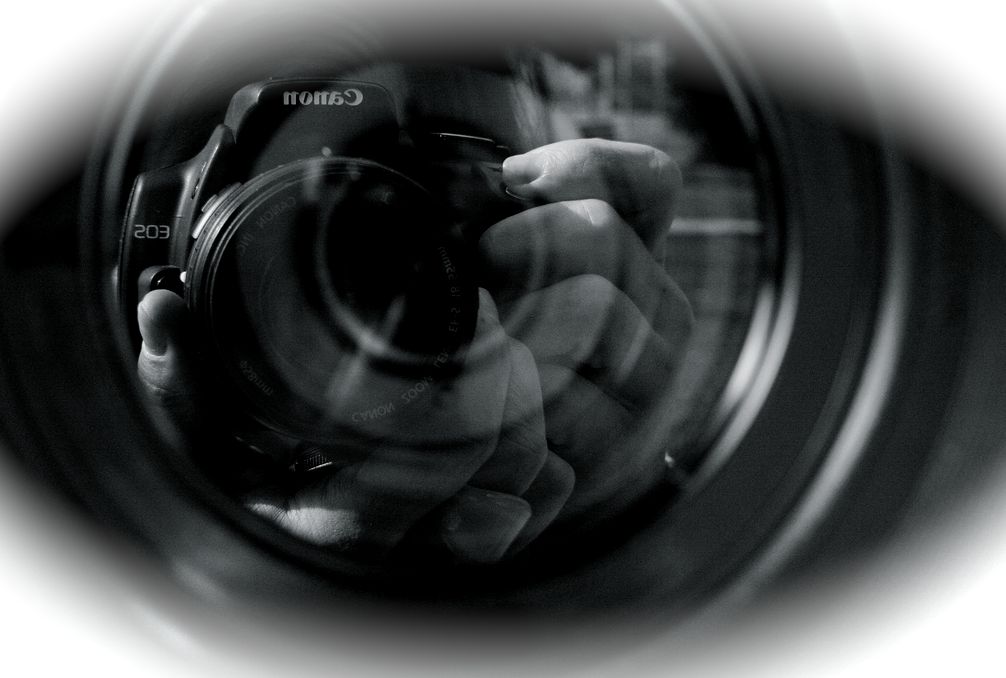Over the last week thousands of shoppers at an East London shopping centre have been scanned by van-mounted cameras in an operation described by campaigners as a major incursion of the ‘surveillance state’.
Despite warnings from independent experts and several High Court challenges, the Metroplitan Police authorised the use of facial recognition technology across the capital starting with at the Stratford Centre retail complex. The face of each passerby is scanned and checked against a watchlist of 5,000 biometric profiles. According to a report in the Daily Mail, the operation failed to find a single match despite scanning 4,600 shoppers.
Commander Mark McEwen, the Met’s lead on crime prevention said that these profiles were of ‘people who are wanted for serious criminality, such as grievous bodily harm. There may be warrants [for their arrest], or they may be wanted by the courts, or they may be wanted by us for investigations.’
Met assistant commissioner, Nick Ephgrave cited a High Court ruling in September allowing the use of the facial recognition technology by South Wales Police as providing the legal basis for the Met’s roll-out. He added that the technology was a ‘fantastic crime-fighting tool’ that would allow the force to ‘bear down on violent and serious offenders’.
Human rights and civil liberties campaigners described this action as a breach of privacy and said that it would ‘pave the way for a surveillance state’, ultimately breaching rights under the European Convention of Human Rights. A reportby the Scottish Parliament justice sub-committee on policing published this month stated that use of facial recognition software would be a ‘radical departure’ from the current practice of ‘policing by consent’.
In Stratford, there were signs around the van stating that ‘live facial recognition [LFR]’ was in use, and that ‘there is no legal requirement for you to pass through the LFR system’, in order to be able to read the sign, passersby would have been caught on the camera. Some even covered their faces after seeing the sign.
Siân Berry, the co-leader of the Green party, visited the operation. ‘The police have gone ahead and used [facial recognition] in defiance of some serious warnings that have been issued by people like the information commissioner, the surveillance camera commissioner and the biometric commissioner,’ she said.
Silkie Carlo, director of the privacy rights group Big Brother Watch (BBW), stood by the van for much of the day with a placard saying ‘Stop facial recognition’. She said: ‘If we let this slide, this is going to be the beginning of something much worse. If they are successful in rolling this out and the legal challenges don’t work we will see this on CCTV networks pretty soon.’ This day was, in her opinion, the tipping point.
Hannah Couchman, of the civil rights group Liberty, also warned that the move ‘paves the way for a surveillance state’.
In 2018, Big Brother Watch launched a crowd-funded High Court action against the Met Police’s pilot scheme of the technology. The action was paused after the Met said they had not yet made a decision about implementing the technology.
In the following year, an independent review found that only 19% of matches were accurate with ‘absolute confidence’. Since then the Met claims to have improved this figure to 70% accuracy. There has been no independent verification of this. The data protection watchdog, the Information Commissioner’s Office, revealed its concerns about there being an inadequate legal framework in place to deal with the technology.






